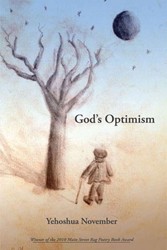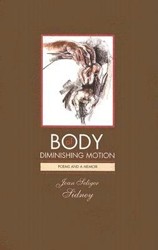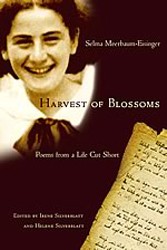By
– July 30, 2012
Short vignettes were the hallmark of this late 19th century writer — real and fantastic accounts and musings that sear the soul and elevate the mind of the reader in both his time and ours. The reader is well-prepared in the author’s introduction, “We all do life an injustice in surrendering poetry as the exclusive province of the poet’s heart, since every one of us has the capacity to mine the poetic in the quarry of the mundane!” And Altenberg continues to do just that, in what he later calls “Letter instant photography.” Although he is rather self-deprecating at times in describing his writings as “worthless samples,” the author finds men and women fascinating, especially the latter, who haven’t yet “…acquired the culture of serene sweetness so as to affect you like a noble warm golden- yellow tea.” Power is a woman’s significant quality which compels and repulses him, explored in a range of negative reactions to a passing carriage decorated with white roses in “Flower Allee” and as “…the very incarnation of nature itself in all its unspeakable bounty…soaring with her lofty soul over the morass of miseries!” “Uncle Emmerich” replays a scene almost every reader has encountered: the fickle nature of initial judgment transformed when what was deemed to be worthless (a collection of old paintings) becomes a treasure trove and earns the collector the everlasting label of “…you’re a good man after all!” Meandering through every imaginable subject, Peter Wortsman shocks us but invites our increased consciousness of “the things that are, that will be!”
Deborah Schoeneman, is a former English teacher/Writing Across the Curriculum Center Coordinator at North Shore Hebrew Academy High School and coeditor of Modern American Literature: A Library of Literary Criticism, Vol. VI, published in 1997.





